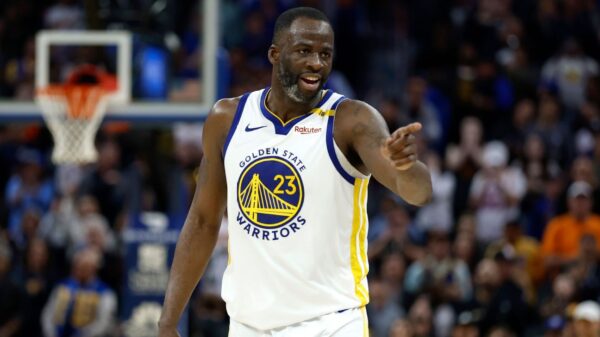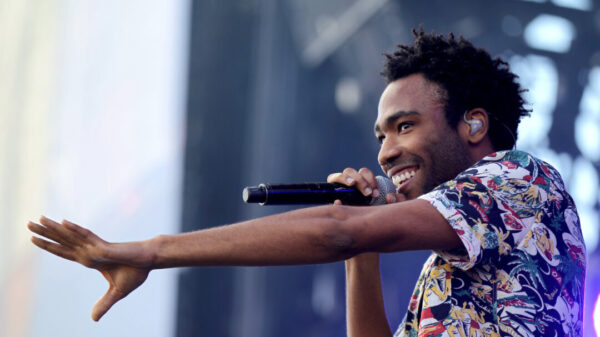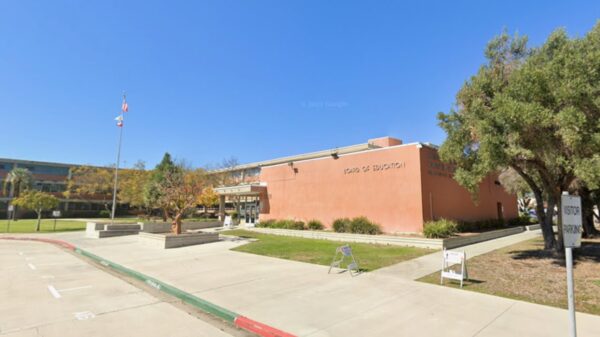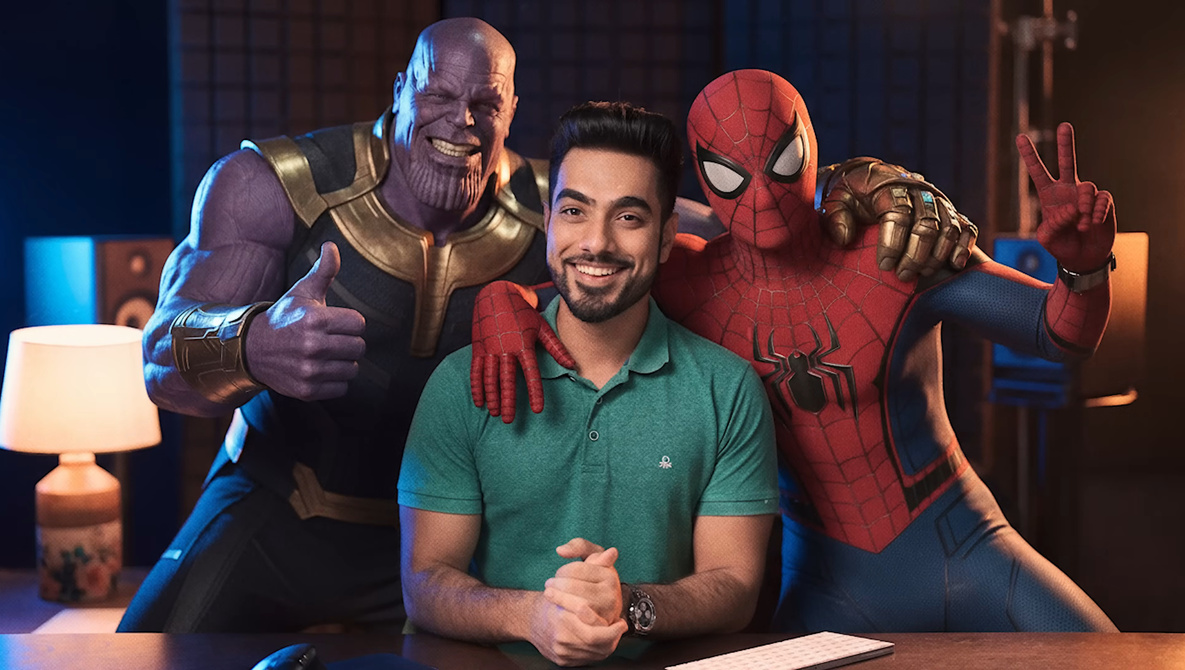AI-powered editing tools are rapidly evolving, prompting discussions about their potential to replace traditional software like Photoshop. A recent video by Unmesh Dinda compares conventional Photoshop techniques with the capabilities of the newly introduced Nano Banana AI, available through Google Gemini and Adobe Firefly. This analysis highlights both the advantages and limitations of AI in photo editing.
Evaluating AI vs. Traditional Editing
The video showcases various tasks, such as removing fences, tattoos, or skin blemishes, emphasizing the efficiency of AI tools. In some instances, a single click delivers impressive results, while in others, the outcomes can appear artificial or inconsistent. This unpredictability underscores a critical point: professional retouching relies on reliability rather than chance.
Dinda points out that while AI can produce striking effects, such as transforming a chair into a throne or enhancing a backdrop, it often compromises resolution and accuracy. For scenarios where maintaining the subject’s authenticity is essential, traditional tools like Photoshop remain superior. When users need to isolate hair from a background or preserve skin texture, Photoshop’s control is unmatched.
The Strengths of Nano Banana
One of the standout features of Nano Banana is its ability to restore old, damaged photographs. This process can yield surprising clarity in mere seconds, significantly reducing the time required for restoration, which traditionally demands considerable effort in Photoshop. Although Dinda notes that further refinement is often necessary, this instance demonstrates that AI can serve as a valuable tool in a photographer’s workflow.
As the landscape of photo editing continues to evolve, the balance between creative freedom and maintaining fidelity is paramount. Dinda’s video provides insight into how AI tools can complement traditional methods, presenting options that may enhance efficiency and creativity without sacrificing quality.
For those interested in a deeper exploration of these developments, Dinda’s full video offers a thorough comparison of AI capabilities and traditional editing techniques. As photographers like Alex Cooke, who is based in Cleveland, explore these innovations, the dialogue surrounding the future of photo editing grows increasingly relevant.








































































